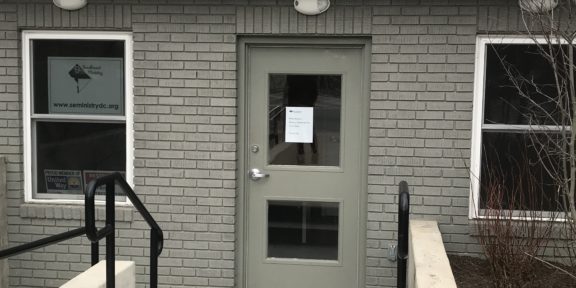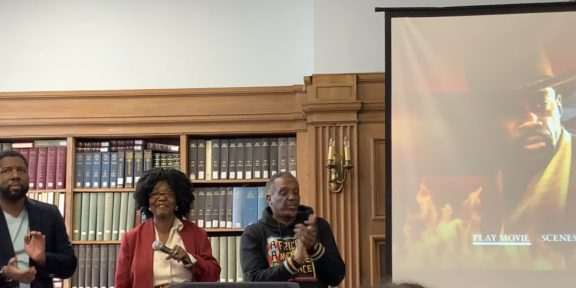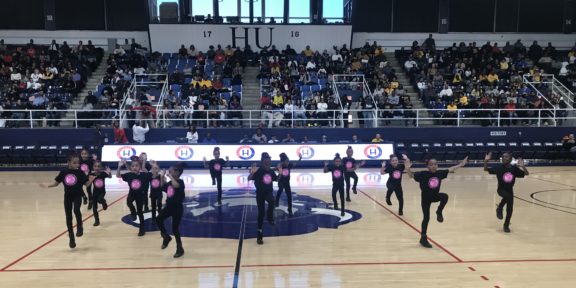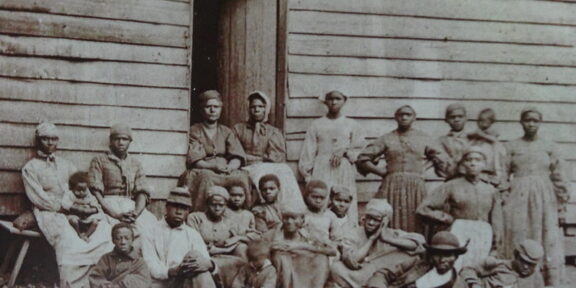By Arthur Cribbs, Howard University News Service
Los Angeles – Working as a set production assistant at Warner Bros. Studios in Los Angeles in March, Andres Esparza saw his working world change as everything came to an immediate halt. Movie production stopped and the studio shut down as a result of the spread of the Covid-19 pandemic.
“It was the first time I had ever seen all productions come to a sudden halt. After this, I saw many of my friends laid off and their offers rescinded from internships,” said Esparza, who found himself without work with Warner Bros. as a result of the shutdown. Warner Bros. workers were not the only ones to experience job loss as a result of the shutdowns. Movie studio workers throughout the nation experienced a similar struggle as industries throughout the country were affected by the spread of the virus.
Helping to support film crew members, coordinator supervisors, production assistants, costume designers, makeup artists and other members of the film industry who were without work and in need of financial support during the shutdown, the It Takes Our Village initiative formed a GoFundMe page to raise money.
The fundraiser, which was formed in April by Bruna Papandrea and Gregg Fienberg, has raised over $955,000 in five months with ties to two organizations: The Actors Fund and The Motion Picture & Television Fund (MPTF). The Actors Fund supports television and film workers across the country while MPTF supports personnel in Southern California. For those eligible to receive the funding, individuals could receive $1,000 with potentially more money allocated to families.
“The below-the-line crews are the backbone of our industry,” said Papandrea. “They are our community – and our community is in need. This initiative is personal to me as I’m a working-class girl who grew up with unions protecting my family.”
As a result of the shutdown in the film industry, as many as 120,000 film industry workers in Hollywood lost their job in March, according to The Guardian. The entertainment industry as a whole was also impacted by the virus, as Hollywood Reporter projected in May an estimated $160 billion loss over the next five years for the global television and film market. Such losses include the closure of theaters, both for live performances and cinema, and a decrease in advertisements, both in television and online platforms.
While several film studios have since returned to reopening, many movie lots are still at a standstill in letting employees on the grounds, leaving crew members out of work, according to Esparza.
For others in the television and film world who were unaffected by employment, they have noticed major changes in the entertainment industry. Such changes include multiple Covid-19 tests each week, the use of face coverings on set and adjustments to new schedules and environments.
“The entire company has been working from home since April, making some jobs more difficult than others,” said Camila Colon, who works as a content strategy and acquisitions coordinator for Sony Pictures. “Production had been put to a halt due to the risks of Covid-19. Seeing a close in businesses, movie theaters have closed and thus, large budget film releases have been put to a halt. Any marketing campaigns for those films were pretty much lost money for the companies.”
Colon also noted that the industry is looking to adapt to changes in society. “Lately there has been a high demand for children’s content since parents are stuck with their children at home all the time. So, we have seen the need for children’s content to be more prevalent considering the circumstances.”
Depending on their department within the industry, others have witnessed little change in their work in television and film. Tiffany Lin, who works at Deluxe Animation, has found the demand for animation increase in recent months. “Because a lot of the workflows translate well to remote working, most (animation) studios are still chugging away on their films. There is a lot more demand for animated content.”












